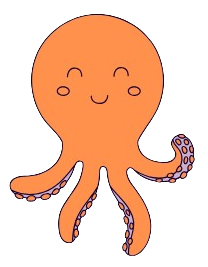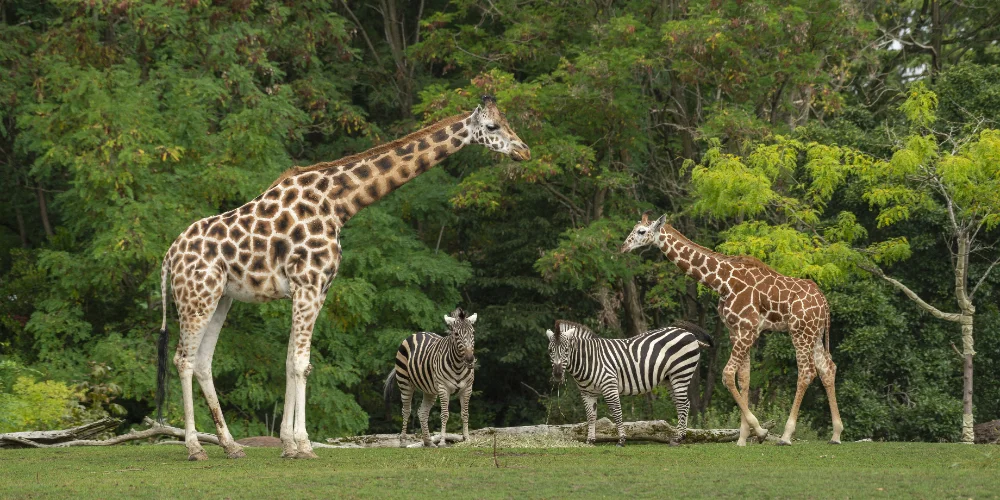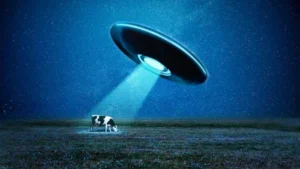One afternoon while hiking through Margalla Hills, I paused to watch a troop of monkeys leap between the trees. For a moment, I imagined them holding parliament on a mossy ledge, discussing forest policy and insect import regulations. Absurd, yes. But the question lingered: what if animals actually ruled the world instead of us?
It might sound like a plot from a children’s book or a satirical film, but the implications of this thought experiment stretch far beyond whimsy. Would elephants establish a memory-based justice system? Might dolphins form oceanic democracies? If we explore this idea seriously, it exposes fascinating insights into our own behaviour, governance, and ecology—and reminds us how tenuous our position at the top truly is.
The Evolutionary Lottery: How Humans Took Over
First, let’s address how we got here. Humans didn’t win dominance through sheer strength or size. Compared to a gorilla, we’re weak. Against a crocodile, we’re slow. But our edge came from social intelligence, tool-making, and language. According to Harvard evolutionary biologist Dr. Joseph Henrich, our ability to share knowledge across generations gave us a collaborative superpower no other species matched.
But imagine a world where evolution played out differently.
“If dolphins had developed opposable thumbs, we’d be the ones flipping through aquarium glass,” notes marine biologist Dr. Sylvia Earle.
In other words, the world’s rulers could’ve easily been someone—or something—else.
If Intelligence Were the Key: Which Animals Might Rule?
1. Primates: The Obvious Runners-Up
Chimpanzees share about 98.8% of our DNA, and they already demonstrate political behaviour—forming alliances, scheming for power, and even waging small-scale wars. In primate-led societies, we might see hierarchies not unlike human monarchies, but likely driven by dominance, not democracy.
Yet bonobos offer a gentler model. Their matriarchal societies are based on cooperation and intimacy. Perhaps they’d build a more empathetic civilisation than ours.
2. Dolphins: The Oceanic Intellects
With complex vocalisations and social structures, dolphins could lead a network of aquatic federations. According to a study in Nature Communications, bottlenose dolphins use names for each other—signature whistles that function like names. They’ve even shown the ability to plan and cooperate.
In dolphin-ruled oceans, communication and play would likely be central pillars. Militarisation? Not likely. Surveillance? Probably replaced by sonar gossip.
3. Elephants: Memory-Driven Governance
Elephants mourn their dead, remember human threats for decades, and even pass down knowledge across generations. If governance required wisdom over wealth, they’d be ideal rulers. Imagine councils of matriarchs making decisions slowly, thoughtfully—policies passed not in haste, but after a 100-mile walk and three generations of deliberation.
4. Ants or Bees: Collective Superorganisms
This is where things get slightly Orwellian. Insect societies prioritise the whole over the individual. The queen isn’t a monarch in luxury—she’s a biological function. If ants ruled, we’d see perfectly organised cities, traffic-free commutes, and zero crime. But also: no art, no rebellion, no joy?
Would you trade individuality for efficiency?
The Environment Under Animal Rule
Let’s be honest—humans aren’t exactly acing the environmental stewardship game. From deforestation to climate change, we’re doing more harm than good.
According to WWF’s Living Planet Report 2022, wildlife populations have declined by 69% since 1970, largely due to human activity.
So, would the animal-ruled world fare better?
Likely yes. Beavers naturally engineer wetlands that support biodiversity. Elephants shape forests. Wolves reintroduce balance. Animals tend to take only what they need, unlike our extractive habits.
Of course, apex predators might introduce their own environmental challenges. But overall, the planet might breathe easier.
Technology and Innovation: Would It Exist?
One thing humans excel at is rapid innovation. No animal has built a space station or invented AI (yet). But innovation requires more than intelligence—it demands hands, communication, and the ability to build upon knowledge.
Octopuses are clever problem-solvers, but their short lifespans limit cross-generational learning. Dolphins don’t have tools. Primates are close, but not quite there.
Still, it’s not hard to imagine dolphin-like species developing hydro-sonic tech to map the oceans—or birds mastering air current manipulation to build floating cities.
It wouldn’t look like our tech, but it would exist.
Power, Morality, and Conflict
Humans wrestle constantly with morality, ethics, and power imbalances. Would animals do better?
Maybe. Wolves and lions operate in packs with roles and rules. Elephants rarely kill unless provoked. Bonobos solve conflict with… let’s say, diplomacy.
Yet, animals can be brutal. Male dolphins kill calves to bring females back into oestrus. Chimpanzees raid rival groups.
So it’s naïve to think an animal-led world would be peaceful—but perhaps it would be more balanced, less driven by ego and greed.
What Happens to Humans?
Here’s the sobering part.
If animals ruled, humans would be second-class citizens—or even prey. Farms could reverse. Zoos would display us in our “natural habitats”—offices and coffee shops. Our intelligence might be admired, but contained.
Or maybe, in a more optimistic twist, we’d be valued as allies: used for our hands, our problem-solving, and maybe—just maybe—our music.
Actionable Takeaways (Yes, Really)
So what’s the point of all this? Is it just intellectual fun?
Not entirely. Imagining animals ruling the world reveals a lot about us:
- Humility: We’re not on top because we deserve to be, but because of evolutionary fortune.
- Stewardship: We have the tools and awareness to protect this planet—let’s act like worthy rulers.
- Perspective: Animal societies offer models of cooperation, minimalism, and balance that we can learn from.
Want to apply this? Try this:
- Observe local wildlife and their interactions—what patterns do you notice?
- Read about non-human intelligence (The Soul of an Octopus or Are We Smart Enough to Know How Smart Animals Are?)
- Support rewilding projects that give animals a greater role in shaping ecosystems
FAQs
Would animals create technology if they ruled the world?
Possibly, but it wouldn’t resemble ours. Without hands, most animals can’t build like we do. But dolphins might invent sonar-based communication networks, while birds might design wind-powered structures.
Which animal is most likely to become dominant?
Primates (especially chimpanzees or bonobos) are the closest in terms of intelligence and behaviour. Dolphins and elephants are strong contenders too.
Could animals run governments?
Not in the way we understand governance—but many species already live in structured societies with rules, roles, and leaders. So a form of governance, yes—just not our version.
Would a world ruled by animals be more peaceful?
It depends. Some animals are cooperative (bonobos, elephants), others are aggressive (chimpanzees, dolphins). But it might be less exploitative and more balanced.
Final Thought: The Rule of the Wild
We often assume our dominance is a given—but it’s more fragile than we think. The animal kingdom offers countless lessons in adaptability, cooperation, and restraint. If we pay attention, we might just rule our own world a little better.
Over to you: What animal do you think would make the best ruler—and why? Drop your thoughts below. Let’s start a wild conversation.
Read Also: The Secret Life of Trees: Do They Ever Rest?




